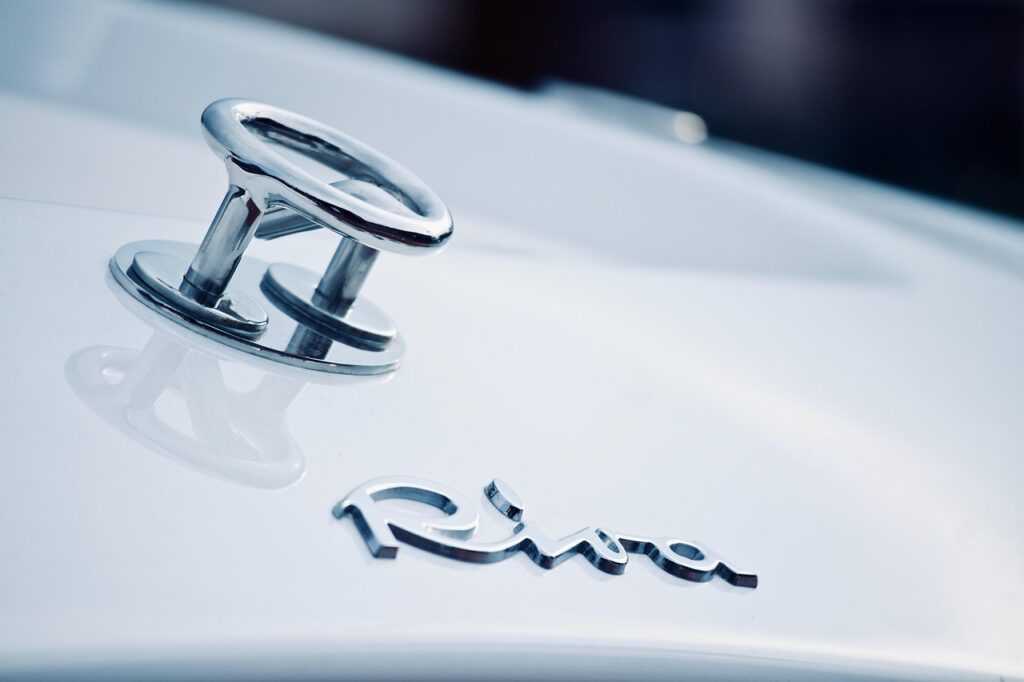As a seasoned observer of global luxury markets, I’ve delved into the latest trends shaping consumer behavior in 2024. Luxury spending has always been a fascinating indicator of economic shifts and societal preferences.
This year, the landscape is evolving rapidly, with new patterns emerging that are reshaping the industry. In my exploration of global luxury spending trends for 2024, I’ve uncovered compelling insights that shed light on where the market is headed.
From changing consumer priorities to the impact of technology on shopping habits, these trends offer a glimpse into the future of luxury retail. Stay tuned as I reveal the key findings that are shaping the world of luxury spending this year.
Overview of Global Luxury Market in 2024
Exploring the global luxury market in 2024 unveils intriguing insights into consumer behavior patterns. Luxury spending not only reflects economic dynamics but also mirrors societal inclinations.
The emerging trends in luxury spending are redefining the industry landscape, paving the way for novel approaches to cater to evolving consumer needs. The analysis of global luxury spending trends provides a window into shifting consumer preferences in this era.
It sheds light on how technological advancements are influencing shopping behaviors, indicating a transformative journey ahead for luxury retail. Delving deeper into these trends offers a glimpse of the future trajectory of luxury spending worldwide. Stay tuned for the forthcoming revelations that capture the essence of the current year’s luxury spending landscape.
Factors Influencing Luxury Spending Trends
When examining luxury spending trends, it’s crucial to consider the various factors that influence these patterns. Let’s delve into the key determinants shaping luxury spending behavior in 2024.
Economic Conditions
Economic conditions play a pivotal role in determining luxury spending trends. As the economy fluctuates, so do consumer sentiments towards luxury goods. Strong economic growth often leads to increased discretionary spending on luxury items, while economic downturns may prompt consumers to be more conservative in their luxury purchases.
It’s essential to monitor economic indicators such as GDP growth, employment rates, and inflation to understand how these factors impact luxury spending habits.
Consumer Behavior
Consumer behavior is another significant driver of luxury spending trends. Changes in consumer preferences, lifestyles, and values can greatly influence the demand for luxury products. Millennials and Gen Z, for instance, are shifting the landscape of luxury consumption with their focus on sustainability, authenticity, and unique experiences.
Understanding consumer behavior through market research and data analysis is essential for luxury brands to tailor their offerings to meet evolving consumer expectations and stay ahead in a competitive market.
Regional Analysis of Luxury Spending
North America
In North America, luxury spending is projected to increase by 6.3% in 2024, reaching a total of $147 billion. This growth is fueled by strong consumer confidence and robust economic conditions in the region. Major cities like New York, Los Angeles, and Toronto continue to be key hubs for luxury retail, attracting affluent shoppers seeking exclusive products and experiences.
Online luxury sales are also on the rise, with e-commerce platforms offering convenience and personalized shopping experiences for luxury consumers in the region. As North America remains a prominent market for luxury brands, strategic marketing initiatives and innovative product offerings will be crucial to capturing the attention of discerning consumers.
Emerging Trends in Luxury Markets
Exploring the current landscape of the luxury market reveals intriguing trends that are reshaping the industry in 2024. As luxury spending continues to be influenced by economic shifts and evolving consumer preferences, several key patterns are emerging that warrant attention and strategic adaptation by luxury brands.
- Sustainability Integration: Luxury consumers are increasingly prioritizing sustainability and ethical practices in their purchasing decisions. The demand for transparency in sourcing, eco-conscious production methods, and sustainable materials is driving luxury brands to integrate sustainability into their core ethos. For instance, luxury fashion houses are embracing eco-friendly materials, such as organic cotton and recycled fibers, to align with consumer values.
- Digital Transformation: The luxury sector is undergoing a digital transformation, with online sales platforms becoming pivotal for reaching consumers. E-commerce channels are no longer just an extension but a primary avenue for luxury sales. Luxury brands are investing in immersive online experiences, virtual showrooms, and AR technologies to enhance the digital shopping journey and engage discerning online consumers effectively.
- Personalization and Exclusivity: Tailored experiences and exclusive offerings are becoming paramount in luxury retail. Personalization through data-driven insights allows brands to create bespoke products, services, and marketing campaigns that resonate with individual preferences. Limited editions, VIP events, and personalized services contribute to fostering a sense of exclusivity and strengthening brand loyalty among luxury clientele.
- Influencer Marketing Dominance: Influencer marketing continues to play a significant role in shaping luxury consumer behavior. Collaborations with influencers and celebrities amplify brand visibility and endorsement among target audiences. Authentic partnerships and influencer-led campaigns are key strategies for luxury brands to connect with consumers on social media platforms and cultivate a desirable brand image in the digital sphere.
- Rise of Conscious Consumption: Conscious consumerism is gaining momentum in the luxury sector, with an increasing emphasis on mindful buying practices and meaningful ownership. Luxury consumers are gravitating towards timeless and sustainable purchases that reflect their values and align with long-term investment perspectives. The focus on quality, craftsmanship, and enduring design over fleeting trends is indicative of a shift towards more thoughtful and purposeful luxury consumption.
Embracing these emerging trends in the luxury market is essential for brands to stay relevant, resonate with discerning consumers, and ensure sustainable growth in an ever-evolving industry landscape. By adapting to changing consumer preferences, integrating innovative strategies, and emphasizing ethical values, luxury brands can navigate the dynamic terrain of the global luxury market with confidence and success.





